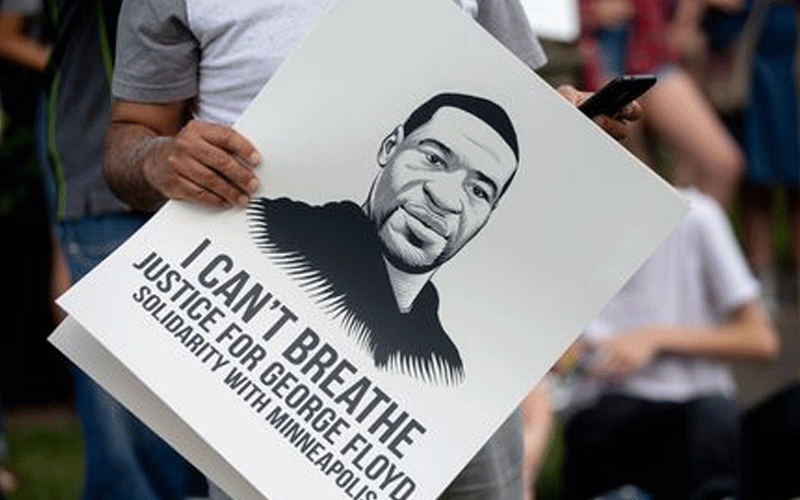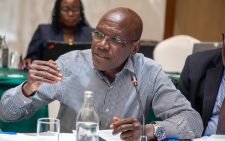US protest must trigger deep introspection for all

Sandra Ochola
There are many things that divide us as a society including religion, race, class, gender and even our sexual orientations.
These differences are magnified at various levels within our national, communal and in the family set up.
Depending on their severity, these differences leave behind both visible and invisible victims and can scar generation after generation.
The ongoing riots in the United States speak broadly to the inter-generational impacts of racism.
It appears that while the American community abolished slavery on paper in 1865, the software of myths, attitudes, and racial relationships has not been entirely overhauled.
A curious glance at the conversations on mainstream and social media indicate that the black race still feels alienated from the rest of the American community.
Systemic injustices on the streets, in schools, in boardrooms and courtrooms have facilitated racial divisions pitting the white and black communities against each other.
Ongoing research on the subject of racism indicates that the history of slavery continues to affect the position of the black community in the US, with many unsure if blacks will eventually have equal rights.
The despicable acts committed against the black community cannot be overstated and the recent death of George Floyd has triggered these pains and worries.
That the same injustices have been meted towards many other blacks with little consequence, adds to the anger and desperation being witnessed in the US.
Yet, even as the black community continues to express itself, it is faced with its own internal divisions that more often than not, affect its ability to mobilise for the greater good.
For example, there is now the question as to whether their ongoing demonstrations should be violent or non-violent.
The reports of looting and damage to property have been viewed in some quarters as a defeatist approach to their quest for justice.
Those in support of a peaceful revolution affirm that the ongoing destructions are likely to affect the community’s socio-economic status and by extension, perpetuate the cycle of poverty and economic inequality. Indeed, there are blacks who will be out of jobs, homes and savings once the dust settles.
There is also the question of gender equality within the struggle. Some black women have complained that they are yet to see their black men on the streets when black girls and women get raped, maimed or killed.
That the murder of Breonna Taylor, who was shot eight times by a white police officer who was executing a warrant at the wrong house, elicited little outcry from the community.
Their cynicism about the Black Lives Matter movement is amplified by the fact that there are more black men and boys that lose their lives though black-on-black violence than through police brutality.
Those irked by these unfortunate happenings thus state that black lives should matter everywhere, all the time and not just when it’s a white and black affair.
That the black community cannot deny its own the same rights and privileges that it is demanding from the whites.
Socially, their divisions revolve around class issues. Those who appear successful and eager to disassociate from their pasts of poverty are sometimes ostracised.
Their social status is viewed as a betrayal of the black community and their worth is determined by how much they are ‘giving back’.
Further to this, interracial marriages are looked down upon as black men are castigated for marrying white while black women are accused of muddying the gene pool.
While at it, there are African Americans who refuse to acknowledge their African roots, yet their existing internal divisions are not unique to them alone.
Our history of slavery is affecting the whole continent and every black person everywhere.
That we continue to fail in our Pan-Africanism project lends us to the wills and whims of continued oppression.
Regardless, the African community also mourns George Floyd. It acknowledges the ongoing fight for the dignity of their people because injustice against a black man anywhere is a threat to justice for blacks everywhere.
Most important, let these events mark a start of deeper introspection for the black community, its past, its present and future. —The writer is an Advocate of the High Court







